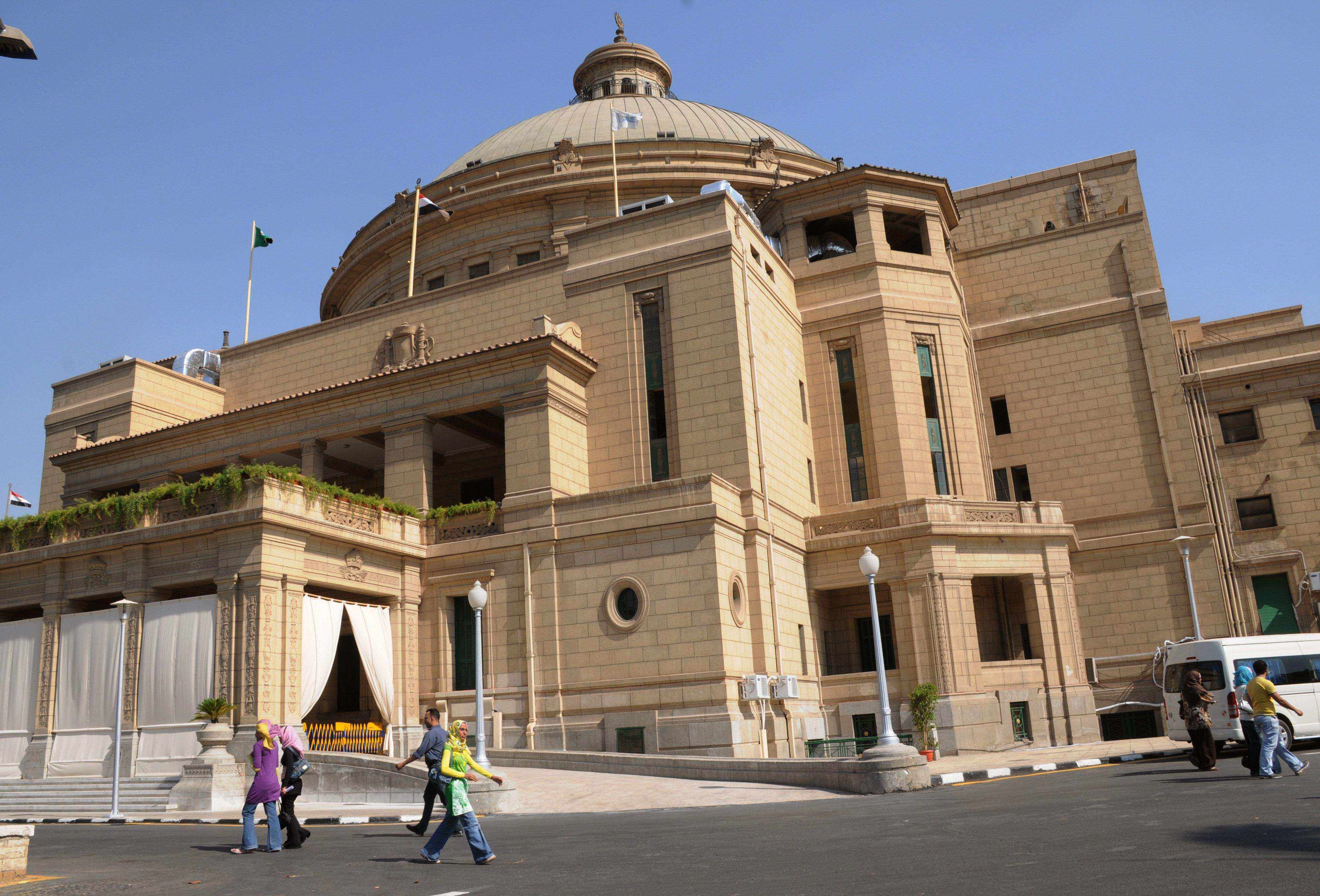The Fatah-Hamas reconciliation announced last week is yet another by-product of the revolutionary wave sweeping the Arab world. As such, it is not a finished product: it is subject to change and evolution. Moreover, in the particular case of the Palestinians, we may also witness changes in the reconciliation process that reflect the shifting tactical calculations of the two partners, much as we have seen in their relationship ever since the 2006 Palestinian elections. Indeed, one difficulty in understanding this new departure is the lack of total clarity regarding both sides’ motives.
All these anticipated developments in the reconciliation dynamic will undoubtedly influence the agreement’s ramifications for the Israeli-Palestinian conflict and for the positions of third parties like Egypt, Syria and the United States. Accordingly, and cautiously, at this juncture we can only point to a wide variety of potential scenarios for the evolution of the reconciliation agreement and its effect on the conflict.
At one end of the spectrum of scenarios is the distinct possibility that nothing will now happen. Fatah and Hamas will prove incapable of finalizing or implementing their agreement. They will encounter irreconcilable differences over the composition of a unity government, or the integration of Hamas into the PLO, or the merging of the two security forces, or the release by each side of prisoners affiliated with the other. Alternatively, they will succeed in forming a new apolitical government, but nothing else. Thus the influence of the agreement on the Israeli-Palestinian peace process–which in any case is dormant — will be minimal. The PLO and the Palestinian Authority will maintain their momentum toward United Nations recognition of a Palestinian state in September, against the backdrop of a faltering internal Palestinian reunification process.
The most positive scenario from the standpoint of the Palestinian and Israeli peace camps is full implementation of the agreement in such a way that Fatah is clearly dominant and Hamas subordinate. This ensures Fateh ongoing international support and the capacity to credibly represent all the territory it claims for a state, while denying the Netanyahu government in Jerusalem any new excuse for avoiding a peace process. It also positions the PLO optimally for approaching the UN in September.
The worst scenario is probably full implementation in which Hamas is increasingly dominant in government, the PLO and the security services. This bespeaks not just a collapse of prospects for peace and Palestinian statehood, whether in bilateral talks or at the UN. Israel cannot tolerate a government in both Ramallah and Gaza dominated by Hamas as we know it today, with its call for Israel’s disappearance and its reliance on terrorist violence. With developments pointing to the possible rise of Muslim Brotherhood influence in both Egypt and Syria, and with Hezbollah increasingly dominant in Lebanon, Israel is certain in this scenario to feel seriously threatened by neighboring militant Islamists. Not only will there be no peace prospects, but the danger of a major military clash will grow.
The most likely scenario, of course, is the one no one can predict or define: zigzag progress toward unification, repeated crises, threats of resignation, Israeli intervention (for example, to prevent the Hamas-dominated Palestinian parliament from reconvening). Meanwhile, pending new developments, the Netanyahu government will hopefully continue to cooperate with the PA in the security, economic and other fields as the clock ticks toward the September UN deadline. Netanyahu has a new excuse not to negotiate and will have a new arrow in his quiver when (and if — he may no longer perceive the need) he presents new policy ideas later this month. Regional developments and the American response to inter-Palestinian reconciliation moves could also play a major role in Israel’s considerations.
Broadly speaking, there are three schools of thought in Israel regarding West Bank-Gaza reunification and Fatah-Hamas reconciliation. One is that they are a necessary precursor to a successful peace process, insofar as Israel needs a negotiating partner that can truly speak and make commitments for all Palestinians, even if this means tolerating Hamas until it somehow modifies its positions. A second school of thought holds that we are better off with a divided Palestinian polity, with Hamas quarantined in Gaza, even if this means a three-state or "three entity" solution or no solution at all, because it is impossible to coexist for long with militant Islam. A third argues that Hamas can still be vanquished by force and the Hamas genie put back in the bottle.
There is undoubtedly some merit to both the first and second arguments. The third is very problematic and probably counterproductive. But lest we forget, Fatah and Hamas did not split because of Israel, and they have not decided to reconcile because of Israel. As with the broader, volatile situation around us in the region, here too we are best advised, at least at this point in time, not to interfere.
Yossi Alpher is coeditor of the bitterlemons family of internet publications. He is former director of the Jaffee Center for Strategic Studies at Tel Aviv University. This commentary is published by Daily News Egypt in collaboration with bitterlemons.org.


